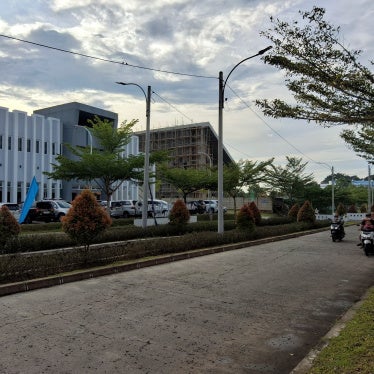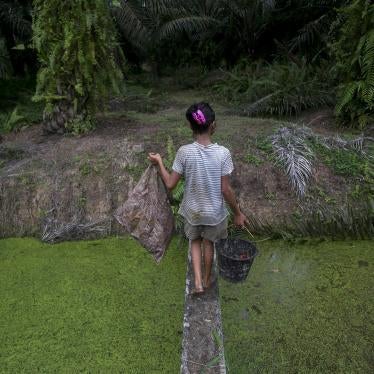For me, Puger is no longer the peaceful seaside village where in my childhood my father brought me to buy fresh fish. It’s the place where thugs with machetes murdered Eko Mardi Santoso, the latest, troubling sign of growing sectarian violence in Indonesia.
Yesterday afternoon, a long-simmering dispute between two Muslim communities in Puger in East Java’s Jember regency boiled over into violence. A group of 30 machete-wielding men vandalized the local Darus Sholihin Islamic boarding school. An hour later, one of those militants, 45-year old Eko Mardi Santoso, was found badly wounded on the village pier with machete wounds to his face and torso after an apparent revenge attack. He died in the hospital that evening and police have a suspect in custody.
The reasons behind the incident are local, rooted in suspicions that the Darus Sholihin madrassa is a school for Shia, whom Sunni Islamist militants consider “blasphemers.” But other aspects of this violence are depressingly familiar. As in other incidents of violence against religious minorities, the more than 100 policemen at the scene of the attack on the madrassa failed to intervene.
For the past three years, Human Rights Watch has documented the rise in religious intolerance in Indonesia. I’ve interviewed hundreds of Ahmadiyah, Shia, Sufi and Christian victims – some of whom have lost close relatives to the violent bigotry of Islamist militants, or suffered grievous physical injuries from such attacks. I’ve waited for President Susilo Bambang Yudhoyono to back up his rhetorical support for Indonesia’s constitutional guarantees of religious freedom with meaningful action. I’ve grown weary of Indonesian politicians rubbing elbows with the thugs who commit these abuses rather than arresting them. I wonder how many more people will die before my government finally enforces the law and protects all its people.








